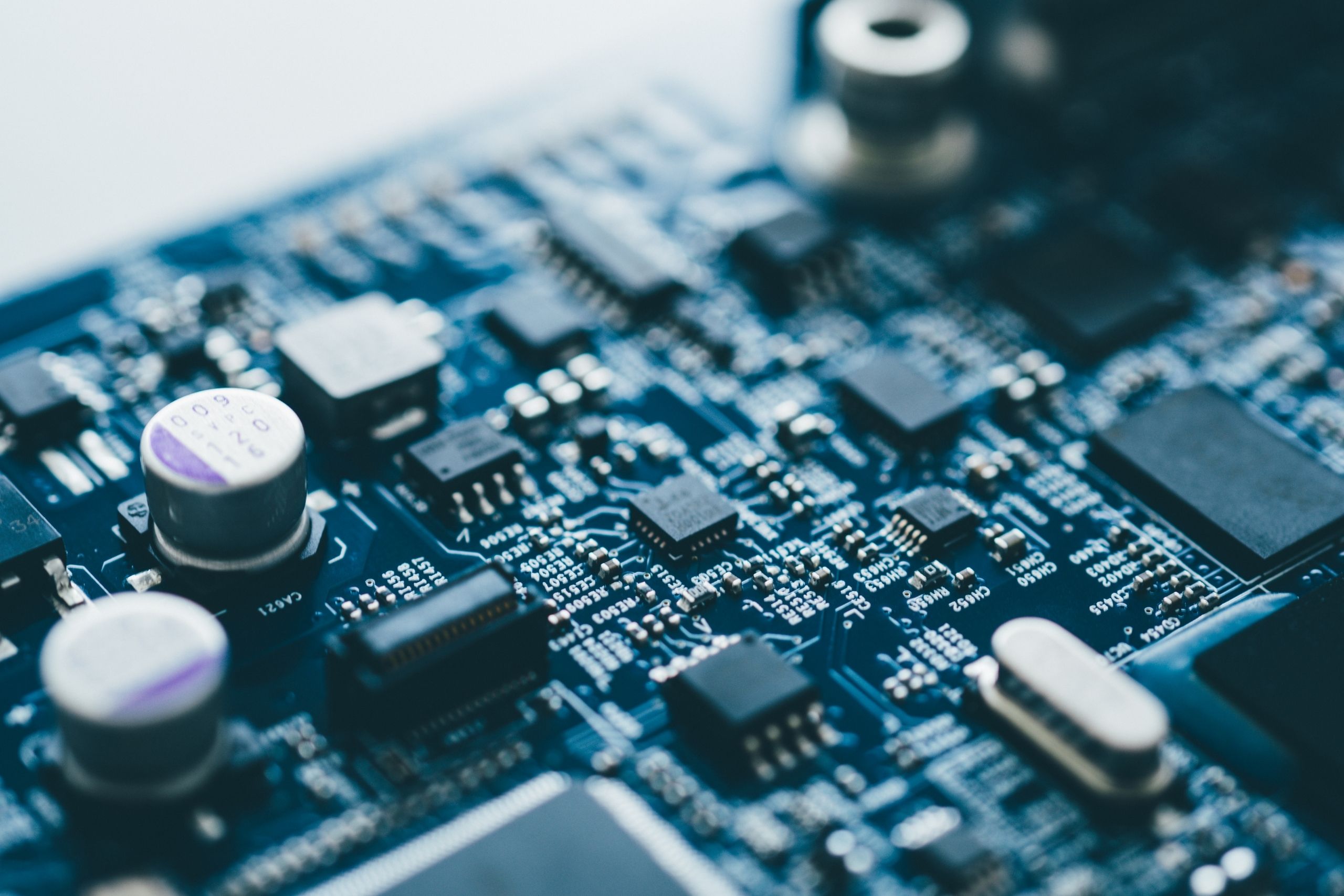Preventing Electronics Corrosion on Computers, Integrated Circuits, and Microchips

Preventing Electronics Corrosion on Computers, Integrated Circuits, and Microchips
Electronics corrosion can occur in integrated circuits, microchips, lighting systems, PCB assemblies, marine equipment, and computers – all of which are broadly used and routinely exposed to potentially destructive environmental conditions. Corrosion can be costly and potentially dangerous for individuals, small businesses, and property owners who rely on these electronic systems being in good working order at all times. Fortunately, there are simple, inexpensive ways to prevent electronics corrosion – namely, VCI anti-tarnish capsules.
But first, let’s talk about the science behind electronics corrosion. Corrosion is the gradual breakdown of material (typically metal) as a result of some chemical reaction with the environment. One of the most common forms of corrosion is called rust, which occurs when the metal iron (or its alloys, such as steel) meets with oxygen and water or moisture. The result is iron oxide, more commonly known as rust.
As anti-corrosion specialists, we recognize that many electronic devices have complex designs and numerous components that are vulnerable to corrosion. However, it’s not typically “rust” that’s occurring. That’s because electronics tend to be made of other types of metal besides iron or iron alloys. Most are made with materials like copper, lithium, tin, silver, gold, nickel, and aluminum. To be clear: These metals can certainly be vulnerable to water and moisture corrosion, but it’s not the exact same as “rust” because that is a specific chemical process dealing with iron. But what’s equally a problem with metal components is something called galvanic corrosion. This is corrosive damage caused by one reactive metal’s proximity to/interactions with other dissimilar metals.
Electronics that are notorious for all kinds of corrosion issues are:
- Integrated circuits (ICs)
- Printed circuit boards (PCB)
- Switches
- Magnetic Recording Media (Hard disc)
- Packaging and Shielding Parts
Although corrosion has been an issue for electronics just as long as they’ve been around, we’re hearing more about it because as a society, we’re using electronics more than ever before. Not only that, but there’s a high expectation that all of our electronic devices will be reliable under almost all conditions. Corrosion threatens functional reliability – and it can happen very quickly. This is especially true considering the growing trend toward miniaturization (the sizing of electronics has decreased by a factor of 10 over just the last few years). The result is that potentially reactive metals are placed in even closer proximity to each other, heightening the galvanic corrosion risk. Also with smaller devices, we see huge damage with seemingly small environmental impacts. Just a little exposure to water or slight exposure to reactive metal and the whole thing malfunctions.
All of this makes preventative measures – particularly those that are easy and inexpensive – a smart protection of your investment.
How Do VCI Capsules Prevent Electronics Corrosion?
We know that rust and corrosion are scourges to the electronics industry. There are, however, ways to significantly reduce the risk.
One of the greatest technological advances of the last century is the creation of volatile corrosion inhibitors, or VCI. It can be a component of product coatings, pipe casings, oils, covers, and emitters.
Initially, these were primarily utilized by the military and manufacturing sectors. In recent years, they’ve been increasingly available in various forms to consumers. Our products use VCI technology in emitters, oils, and covers. For electronics, we primarily rely on VCI emitters, or vapor.
Anti-tarnish vapor capsules are ideal for protection of electronics with components that are non-ferrous (metals that don’t contain iron). On the flip side, rust prevention vapor capsules are specifically for electronics with ferrous metal components. They come in numerous sizes, protect a radius of up to 2 feet and last 1-2 years (depending on their size). Affix the adhesive backing to a nearby surface in an enclosed space (bin, drawer, cabinet, closet, etc.), and the capsule emits an odorless, colorless, non-toxic vapor that protects nearby components from corrosion. When you open the enclosure, the FDA-compliant vapor dissipates harmlessly into the air.
If you have electronics you’re hoping to protect from the calamitous effects of corrosion, we have solutions! Contact our knowledgeable rust prevention specialists for more information.
Contact Zerust for information on VCI products to help with electronics corrosion prevention by emailing us or calling (330) 405-1965.
Additional Resources:
Corrosion in electronics: Overview of failures and countermeasures, 2014, Technical University of Denmark, Department of Mechanical Engineering, Proceedings of EuroCorr
More Blog Entries:
Prevent PCB Corrosion of Electronics With Anti-Tarnish Vapor Capsules, Dec. 15, 2020, Zerust Electronics Corrosion Prevention Blog




